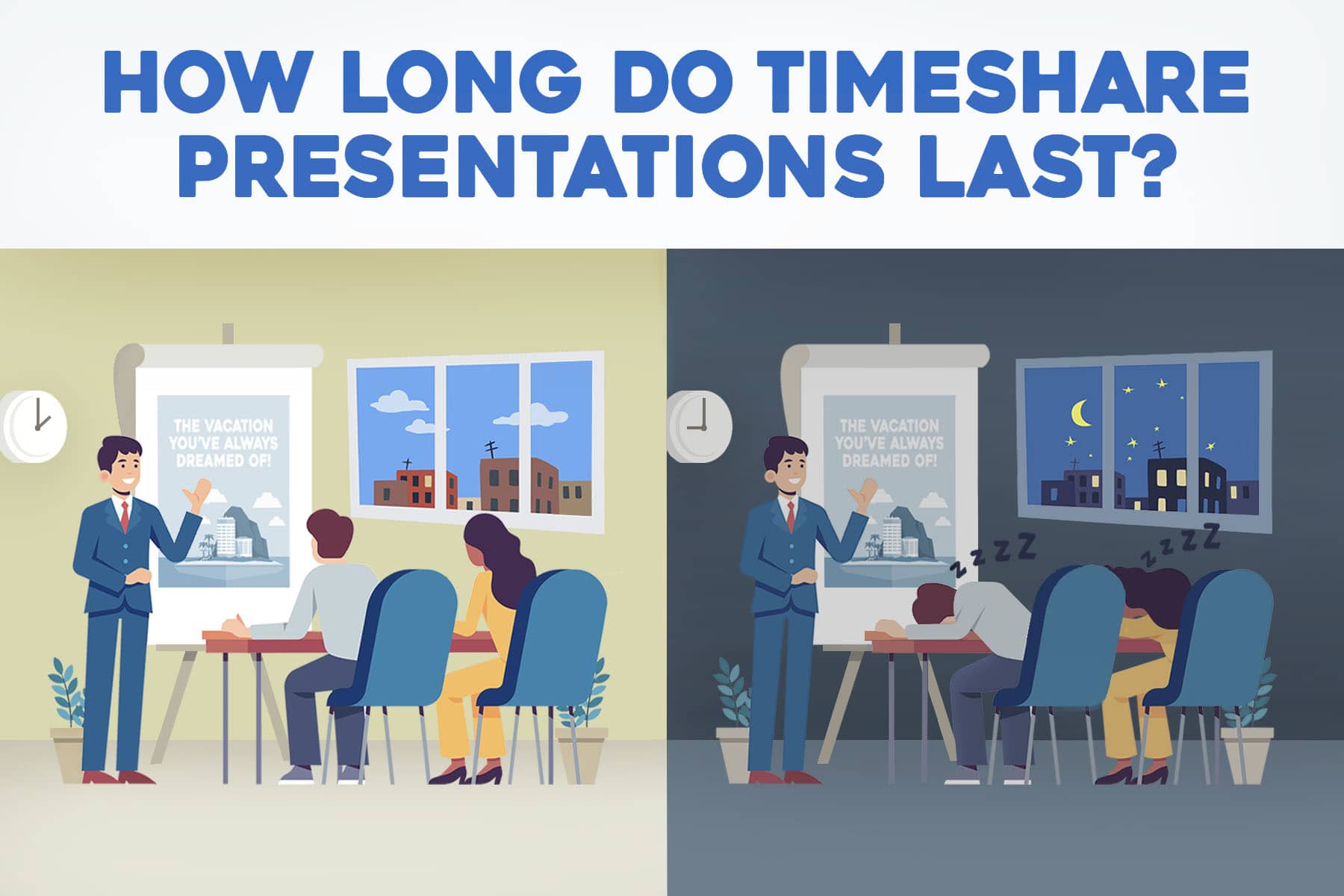Table of Contents
Exploring Your Options: Alternatives to Purchasing a Timeshare
Every timeshare experience seems to start with a free night’s stay at the resort, so long as you attend a short sales presentation. But then that brief presentation turns into hours of dialogue with timeshare sales reps, and before you know it, you’ve made a timeshare purchase.
Since fraudulent sales tactics to increase revenue are so typical for the average timeshare company, it’s crucial to understand there are better options for an enjoyable vacation experience. Let’s explore a few alternatives to getting a timeshare that will help anyone trying to relax and recharge while on vacation.
FREE
Timeshare Exit Info Kit
Get your free Timeshare Exit Info Kit today to learn more about Wesley Financial Group and how we may be able to help you get out of your timeshare.
Timeshare Exit Info Kit
Get your free Timeshare Exit Info Kit today to learn more about Wesley Financial Group and how we have saved 50,000 families over $635 million in timeshare debt.
What Are the Most Popular Alternatives To Buying A Timeshare
Instead of purchasing a timeshare, many individuals choose to book a hotel stay, use a vacation rental service like Airbnb, or purchase a vacation home. These alternatives allow vacationers to save money, enjoy more flexibility, and access a wider variety of destinations.
Hotels/Resorts
Hotels have been around since the dawn of time. Almost all desirable vacation destinations have some fantastic and affordable resort stays in hotel rooms. Short-term payments are why hotels and resorts are such solid alternatives to timeshare locations. If you book a stay for one or even two weeks, your upfront cost might be high, but you’re not going to be stuck paying money for so-called vacation packages. And even then, if you have a large family or any military service members in your party, you could benefit from a significant discount, making your trip even more affordable. However, the trick to staying with a hotel/resort is avoiding the inevitable sales pitches for add-ons.
Most timeshare presentations start with an innocent family visiting a vacation property. A family member is then approached – sometimes at the front door of their hotel room – by a timeshare sales representative regarding attending a presentation. Before they can even blink, they’ve signed an agreement for deeded timeshares where they’ll have to pay a monthly mortgage and yearly maintenance fees. That is why it’s essential to do your homework and figure out if the place you’re staying at is also a timeshare resort. If it is, you might want to look elsewhere, or at least go into your stay with the notion that you will do everything you can to avoid the sales staff.
Another red flag to watch for would be the sales pitch for a vacation or travel club. While these clubs are a less harmful alternative to timeshares, we should note that their sales teams may still try to sell you on traveling the world with luxury rooms, cheaper flights, or the idea of buying future vacations for a lower price.
Vacation Rentals
In this recent time period, the vacation rental industry has exploded with the use of different companies like Airbnb and VRBO. Both of these companies are popular because of their ease of service. You can book a weekend stay within minutes using their mobile apps or online website. However, this vacation alternative will add taxes and service fees to your total. While this may seem similar to a timeshare maintenance fee, there’s a vast difference since this is a one-time fee. However, if you damage anything in the vacation rental, you’d be required to cover the necessary costs for repairs.
Short-term vacation rentals benefit single couples looking for a place to lay their head at night. Suppose your destination is a large metropolitan city. In that case, a short-term rental in a downtown setting can be more affordable than a hotel and still give you the benefit of being closer to attractions.
Even if your destination is a hotbed for vacationers, a vacation rental is still a better option than signing up to be owners of a timeshare unit. Sometimes, timeshare owners can list their units on Airbnb and VRBO. In this case, you should be aware that you may run into a sales staff trying to sell you other timeshare options at the resort premises. That can make the experience stressful for every one on vacation.
Vacation Homeownership
It’s often stated by those who own a timeshare that they could have bought a house for the amount of money they’ve paid toward their unit. While not every vacationer is financially able to purchase vacation homes, it is something to consider. Rather than dealing with a timeshare developer, you might as well become their competition. If you were to buy a vacation home in a popular destination, renting it out would be a great investment move for you.
You could get approved and start listing your house on a home rental app like Airbnb or VRBO. Depending on your rate, you could make it out with a lot of money to cover upkeep and maintenance fees. One downside of vacation home ownership – depending on location – is property taxes. If located in a popular place for rentals in the United States, your taxes could be pretty high, but if you’re able to charge a higher amount to the people buying stays at your home, you may still be just fine.
The main attraction of a vacation home is the long-term real estate benefits that you don’t get with fractional ownership of a timeshare property. If your household likes to frequent the same place each year and doesn’t mind doing so for the foreseeable future, a vacation home may be a bright idea. Another thing to consider is the ability to rent on a holiday weekend.
You’re likely not going to want to stay at your vacation home on a holiday weekend (ex: Labor Day, Memorial Day, or Fourth of July) because you can usually up-charge and make a large amount of money through popular vacation rental apps. People are typically blown away at the upfront cost of vacation homes but forget to think about the big picture and the money that can be made by offering up your real estate for rent.
FAQs About the Alternatives to Getting a Timeshare
Is It Possible to Exchange a Timeshare for Another Vacation Option?
Many timeshare companies offer vacation exchange programs that allow timeshare owners to trade their property for another one at a different location. This is a great option for those looking to experience different places without the long-term commitment of owning a timeshare. Additionally, some vacation exchanges offer timeshare owners the chance to take advantage of special discounts and deals when trading their property.
How Can I Make the Most of My Vacation Without a Timeshare?
Planning a successful vacation without a timeshare requires some research and planning. Travelers should start by researching their destination and looking for local attractions, restaurants, and activities that can be enjoyed during their stay. Additionally, vacationers should look for discounts, deals, and packages that can help them save money and plan an exciting and memorable vacation.
What Are the Benefits of Not Owning a Timeshare?
Owning a timeshare can be expensive and can come with a lot of restrictions. Before considering purchasing a timeshare, it’s important to consider the potential benefits of not owning one. These benefits may include saving money, having more flexibility when planning a vacation, and avoiding the stresses of maintaining a timeshare property.
Summary
The timeshare industry continuously takes money from families everywhere. Whether it’s an upfront membership fee, monthly mortgage payments, or annual maintenance fees, timeshares aren’t always the best choice for family vacations. Better alternatives like world-class hotels, short-term vacation rentals, and even vacation homeownership are available. These options offer a more cost-effective way to relax and recharge on vacation than the timeshare market can deliver.
However, if you find yourself stuck in a timeshare agreement that is a never-ending money pit, it’s important to remember your best option for exiting – a timeshare cancellation company. You’ll want to find a company with a long tenure in the industry, but you’ll also want to find one that offers honest advice and a 100% money-back guarantee.
One company that meets these standards is Wesley Financial Group, LLC.* Rather than outsourcing your case to a third-party law firm, WFG will take your case head-on from within its walls. For more information about WFG and its timeshare termination process, reach out today!

Over 50,000 families helped!
Find out if you can cancel your timeshare. Schedule a FREE consultation with timeshare cancellation experts now.
Get Rid of Your Timeshare
Schedule a FREE Consultation with one of our timeshare cancellation experts who have saved families over $635 million.










